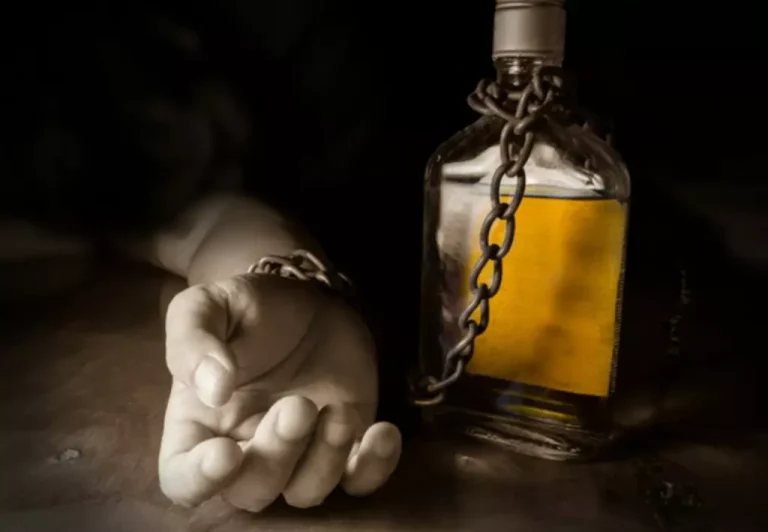
At worst, it can lead to tangible dangers for us as well as others around us. In this case it may be argued if the ‘forgetting’ is a true blackout or rather a psychological mechanism or type of dissociative amnesia. But regardless of where the memory-blocking comes from, it can function in the same way as a ‘traditional’ alcohol induced blackout. Alcohol increases the sedative effects of the neurotransmitter GABA (gamma-aminobutyric acid), which blocks certain signals from the central nervous system. It also dulls the excitatory neurotransmitter glutamate, which plays a key role in learning, memory, sleep, and mood.
Can alcohol cause permanent cognitive impairment?
Alcohol brain fog is a natural phenomenon that affects many people. Doing these brain exercises can help improve your brain function, memory, and concentration. Doing these exercises for just a few minutes can help get rid of brain fog and enhance your cognitive function. Additionally, it’s essential to avoid alcohol and other substances that can worsen brain fog symptoms. With alcohol comes dehydration, neurotransmitter imbalance, and impaired sleep.
Dehydration and Nutritional Deficiencies
For instance, it can be possible that a blackout can occur as a method of self-protection. For example, if we have experienced negative incidents – for example, an instance of violence – our brains can repress our memories. Blackouts are thought to occur when alcohol interacts with specific areas of the brain. By disrupting the functioning of the hippocampus, alcohol can act to inhibit our ability to make new memories. This alteration in short-term memory making can lead to blanks in our memories. Women tend to weigh less than men and are enzymatically prone to not processing alcohol as quickly.

Compulsive Personality Disorder Test: An In-Depth Guide
Therefore, it is crucial to drink plenty of water when you are trying to relieve the symptoms of alcohol fog or brain marijuana addiction fog in general. If you drink alcohol regularly, you may experience withdrawal symptoms when you stop drinking or reduce your alcohol intake. Thankfully, there are plenty of ways that you can do to treat brain fog naturally and alcohol addiction safely, and enhance your brain function, such as the ways we listed above. If your alcohol addiction is already taking over your life, we highly recommend starting a healthy withdrawal program.

- Alcohol inhibits your ability to form memories, which is why you may not be able to remember events when under the influence.
- If you’re wondering how to get rid of alcohol-induced “brain fog,” it may be time to seek professional treatment.
- Alcohol brain fog is a natural phenomenon that affects many people.
- The duration of brain fog can vary widely depending on individual factors and drinking patterns.
- Let’s talk about some of the signs you might be experiencing alcohol brain fog.
- You can also join support groups or get treatments like cognitive-behavioral therapy and dialectical behavior therapy to manage your urges.
However, if brain fog becomes a frequent occurrence or persists for extended periods, it may indicate excessive alcohol use or alcohol use disorder. Different liquors differ in alcohol content, potency, chemical composition etc and so their presence in the system can vary too. Additionally, heavy and prolonged drinking of hard liquor increases the chances of longer brain fog incidents. Alcohol withdrawal is an acute physiological process that can begin as early as a few hours after the last drink and may peak brain fog days after drinking within the first 24 to 72 hours.
How to Overcome Brain Fog and Regain Clarity During Recovery

Here are 5 simple and practical ways to get your brain back on track during recovery. One of the best things about getting sober is that there’s a newfound clarity of thought. Irrational thoughts that lead to impulsive behavior are replaced by more reasonable ones.
